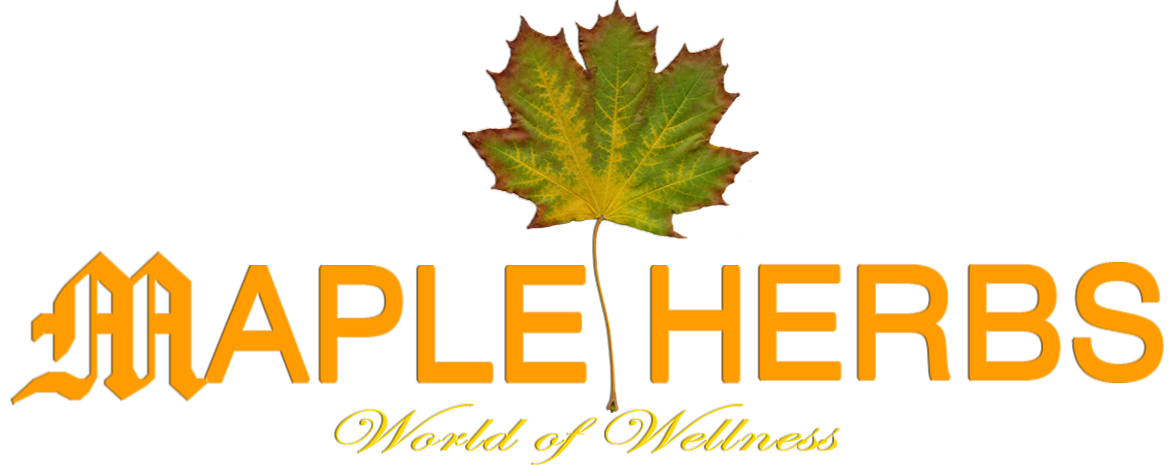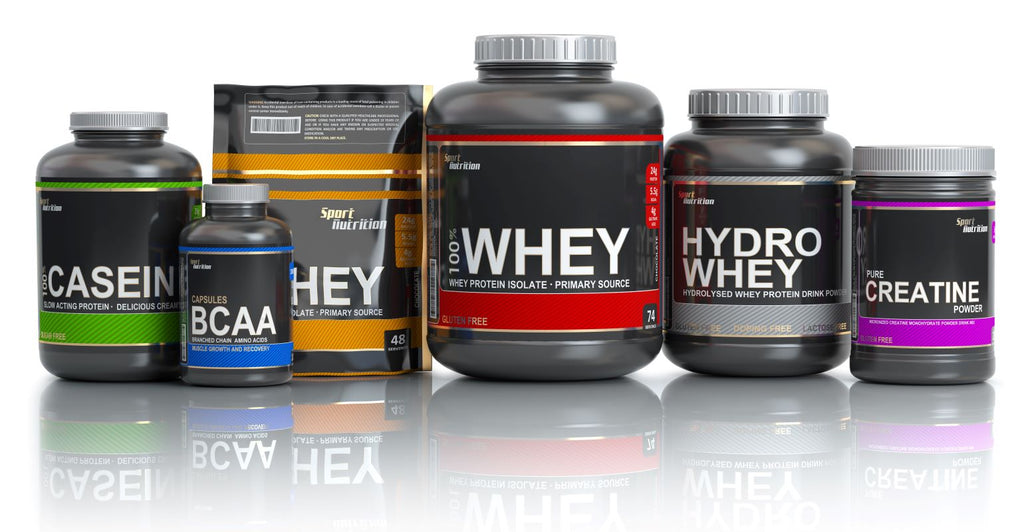Do Sports Nutrition Supplements Work?
There is solid evidence in the scientific literature to show that certain nutritional supplements can actually help athletes achieve peak performance under certain circumstances and under the direction of a suitably qualified professional such as a sports dietitian. There are many and many nutritional supplements that have no meaningful evidence of their benefits.The Australian Institute of Sports (AIS), the world leader in the field of sports nutrition, uses a sports supplement group classification scheme that consists of four categories – A, B, C and D. Group A supplements are supported for use in specific situations in sport. and AIS are provided to athletes for evidence-based use. This group includes sports drinks, sports bars, sports gels, whey protein, liquid meals, caffeine, creatine and bicarbonate. Group B are those who deserve further research and are considered for provision of AIS athletes under a research protocol. This group includes B-alanine, beet juice, carnitine, the anti-oxidants C and E, to name a few. Group C is believed to have no benefits and is not awarded to AIS athletes. Examples include ribose, lactase, glucosamine, inosine, co-enzyme Q10, ginseng among a long list of others. Finally, Group D is banned or is at high risk of contamination.
For more information about the effectiveness (or ineffectiveness) of specific nutritional supplements, see the following links. Both links provide detailed information in the form of fact sheets and technical documents and are a must read for anyone trying to understand this very confusing area.
Risks Associated with taking Sports Nutrition Supplements
The World Anti-Doping Agency (WADA)- The World Anti-Doping Agency (WADA) has developed a list of banned substances.
- This list is not definitive, but defines the classes of prohibited substances.
- The Irish Sports Council advises that screening of supplements against this list cannot protect against contamination by newly unknown contaminants and that screening is restricted by the extent of detection.
- If an athlete takes a supplement that contains a banned substance and results in a positive drug test, this is not a sufficient defense to state that the athlete was unaware of the presence of the banned substance in the supplement in question.
- Under WADA's strict liability rules, athletes are responsible for any positive doping test, regardless of how they got there.
- The production, marketing and sale of these supplements is a huge multi-million euro international business that was largely unregulated until recently.
- Despite the European Union's 2002 regulations governing dietary supplements as food additives, there are still a large number of sports supplements and sports foods that are not controlled and are characterized by unfounded or exaggerated claims on their efficacy.
- Due to the novelty of regulation, the industrial hygiene standards associated with the production of many supplements vary greatly, while the accuracy of labeling of the ingredients of many supplements cannot be guaranteed (ISC, 2012).
- There is also a reasonable theory that at least some manufacturers intentionally add ingredients to their products to increase effectiveness and improve sales (Burke, 2007). Several studies have provided evidence of this problem.
- A well-cited study from a laboratory in Cologne analyzed 634 supplements from 215 suppliers in 13 countries, including products obtained from retail outlets (91%), the Internet (8%) and telephone sales (Geier et al 2004). it was done. None of these supplements declared prohormones as ingredients. Supplements came from manufacturers who produced other supplements
Does Informed Sport/Trusted by Sport Labelling have a role to play?
- Many elite athletes, convinced by scientific evidence, choose to supplement their diet with drinks, protein powders, energy and protein bars. As already mentioned, the safety of any product is not 100% guaranteed. However, some steps are being taken to reduce the risk to athletes as much as possible.
- In the UK, a company called HFL Sport Science tests sports supplements for banned substances. Their anti-doping laboratories analyze a huge range of supplements and those that are clean are given a kitemark of what they say on the label and are listed on the Informed Sport web-site. HFL used to be a WADA-accredited laboratory but you can no longer have this accreditation and test supplements for supplement companies so HFL abandoned its WADA accreditation in 2007. They continue to run a quality assurance program for sports nutrition supplements.
- HFL, since they have been running the Informed Sport program in 2008, have tested 2,678 products and two of them have had an incidence of positive findings. Those events were found even before the supplement was released. HFL recently conducted a survey where they purchased 24 supplements with 114 samples of 24 products from 12 major brands in Europe and the Internet. Of the 114 samples, none of which contained anything banned listed on the label, 11 of them were positive for at least one substance that would result in a ban. HFL released the results of this survey in June 2013. None of the products of the Informed Sport Program were included (interview with David Walsh, Athletics Weekly, August 2013).
Junior Athletes-
- Don't underestimate the importance of getting the basics rights. You need a solid food and liquid plan for training and competition to optimize sports performance. Sports nutrition's supplements will never make up for poor dietary choices.
- Consult a qualified professional such as a sports dietitian and member of the Irish Nutrition and Dietetic Institute (MINDI) before taking any supplement.
- Make sure the professional is familiar with the WADA Prohibited List.
- Athletes competing in sports under the Anti-Doping Code must recognize that supplement use puts them at risk of a positive doping result.
- Keep in mind that supplements claiming to build muscle or burn fat are more likely to be associated with health risks or inadvertent drug tests.






















